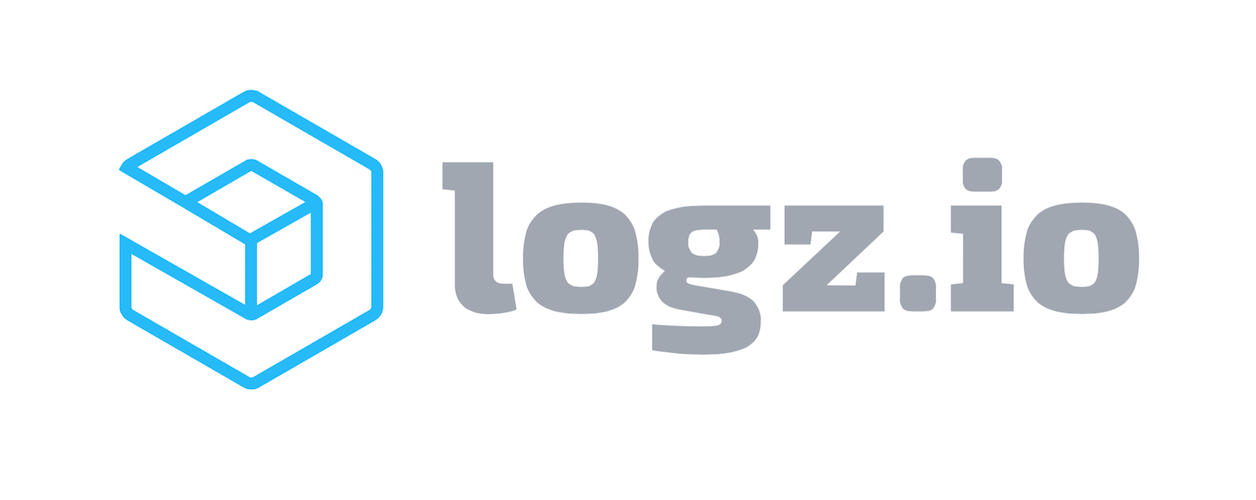How To Detect Bugs In Your System Before It’s Too Late

When using technology, which these days is pretty much always, we expect a glitch-free experience regardless of what we’re doing and which platform we’re using. However, there is a lot that goes on behind the scenes in order to make that happen.
One of the best methods of predicting when bugs will occur is to analyze a system’s log data. To put this in layman’s terms, log data is a record of all the actions taken within a specific platform. This is extremely valuable information for predicting when a malfunction may occur, and the process of going through this data is known as log data analysis.
However, with many companies running their software in the cloud, there can be billions of events occurring daily that need to be analyzed. In order to monitor this huge amount of data, companies are either using proprietary services, or open source solutions.
Due to the significant benefits offered by open source analytics platforms, huge tech companies like Netflix, Cisco, and Microsoft are using ELK (Elasticsearch, Logstash, and Kibana), the most common open source log analytics solution, in order to keep their systems bug-free.
One company that is providing businesses with an open source, easy-to-use platform is Logz.io. Logz.io provides a SaaS ELK stack to enterprises, allowing them the ability to scale up as needed, while offering a simple interface to help companies better understand what is working within their software and what is not.
When asked why people would choose to go with an open source solution over proprietary software, Asaf Yigal, Co-Founder and VP Product of Logz.io, explained that companies these days are almost always interested in first checking out their options for an open source platform. This is because businesses are then free to choose the platform best suited to their needs, and can invest time within the company, thus acquiring the expertise to run that open source solution.
With all of the benefits of open source, it can still be incredibly cumbersome to set-up and maintain. This is what Logz.io feels is its unique contribution to the field. Yigal stated, “Logz.io takes the most common open source solution and offers it as a simple-to-use cloud service with additional features and enhanced security, where it serves as a strategic initiative within these enterprises. As most companies choose to go with the open source product for log analysis, they are faced with a dilemma of whether they should acquire the expertise to install and maintain the product in house or leverage a cloud service solution. Today Logz.io is the only enterprise grade ELK cloud provider who is also SOC II compliant.”
With the trend of enterprises choosing to go with open source solutions more often, it will be interesting whether open source truly has the power to take down proprietary log analytics companies. If that does become the case, it may just create the perfect storm for companies like Logz.io to thrive.
Logz.io is still a relatively new service, having only launched this past October. But with clients like Playbuzz, DynDNS, and Asurion to its name, it could become a major player in the data management world.